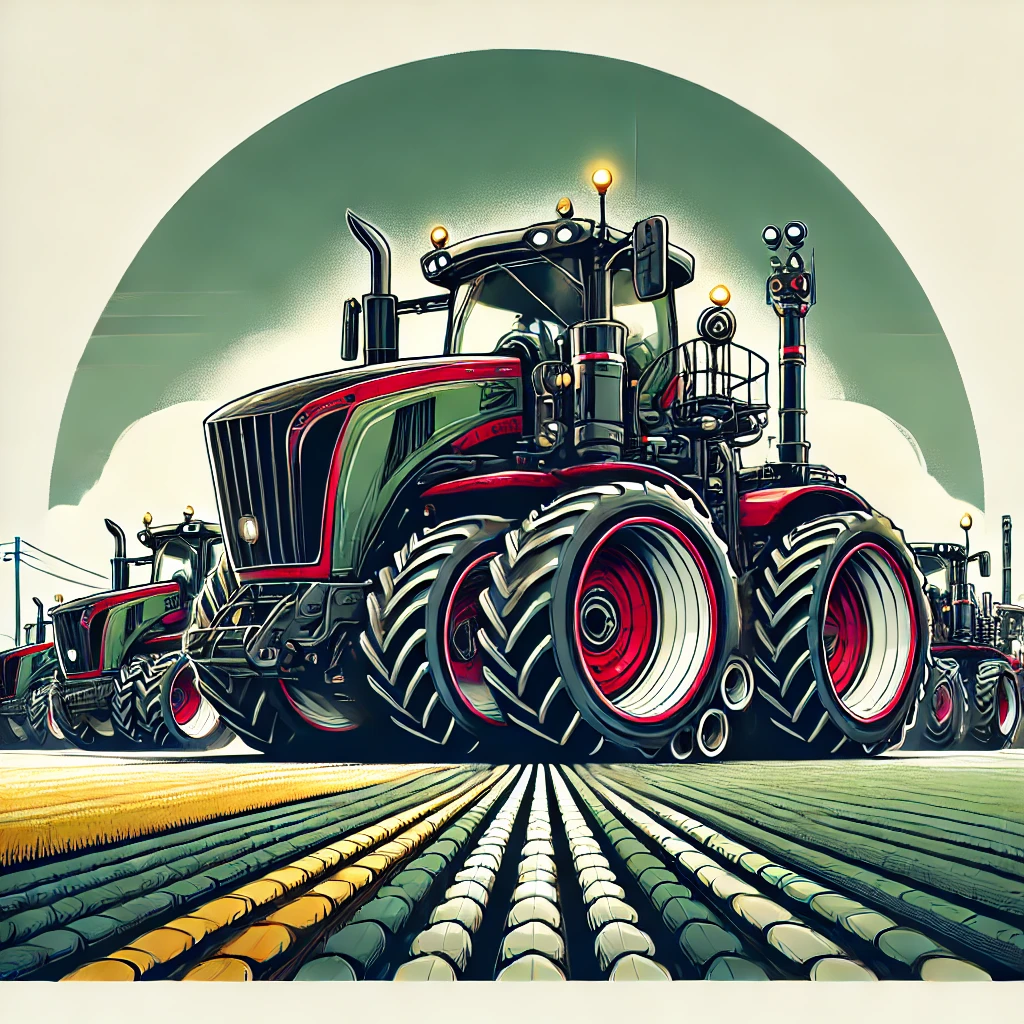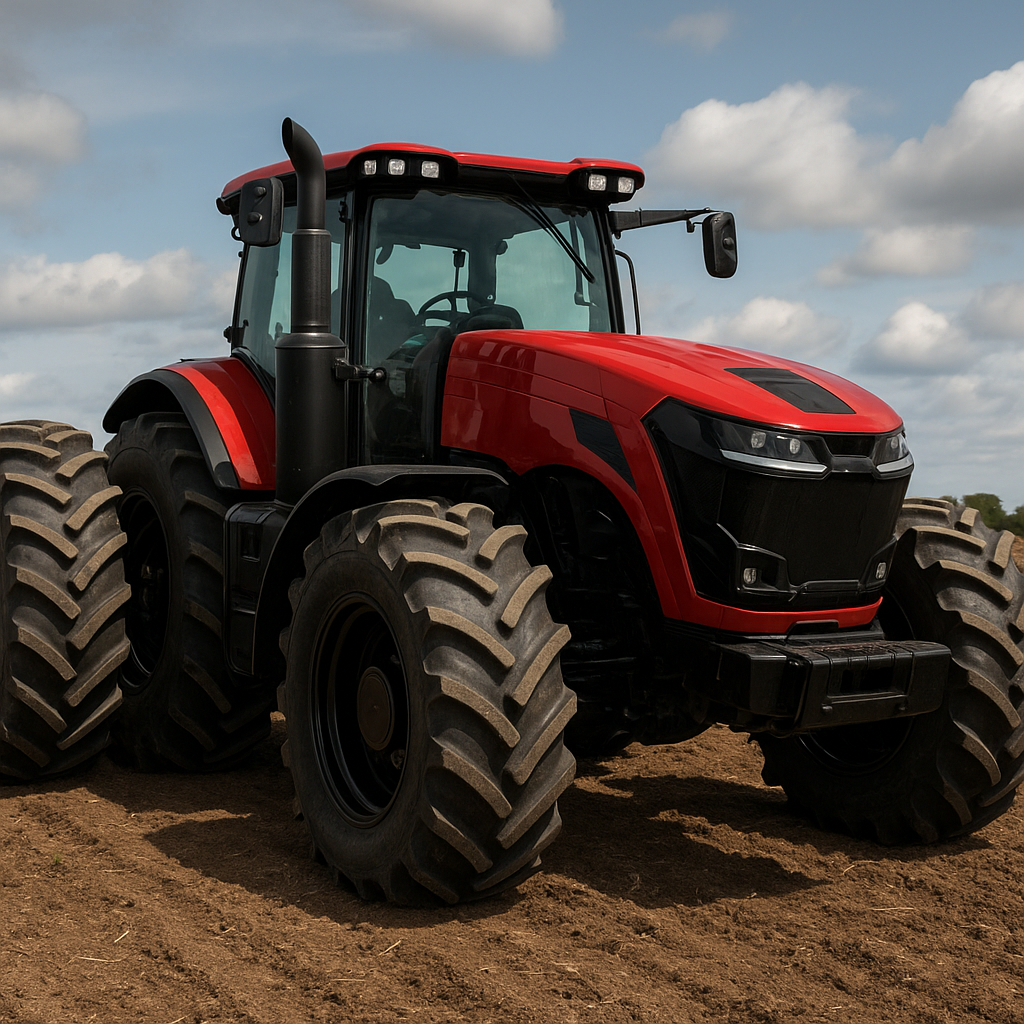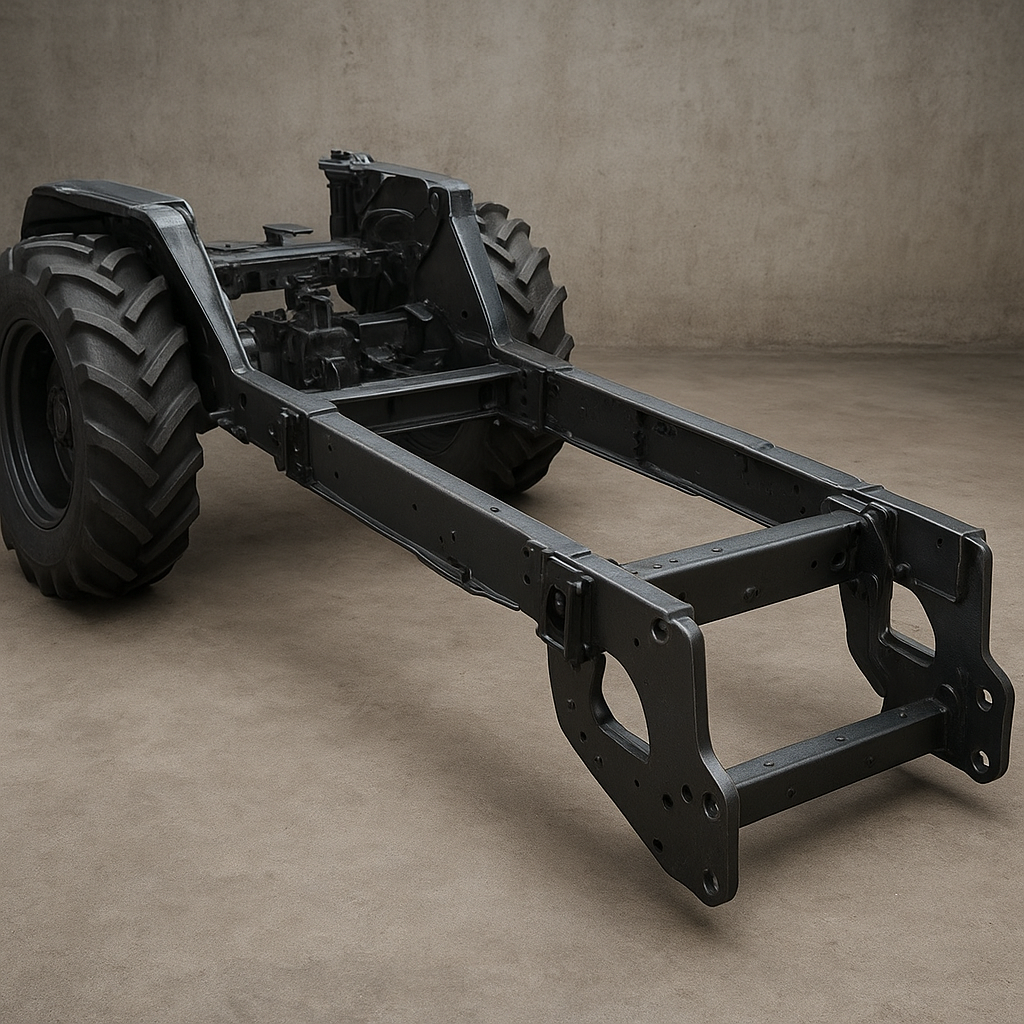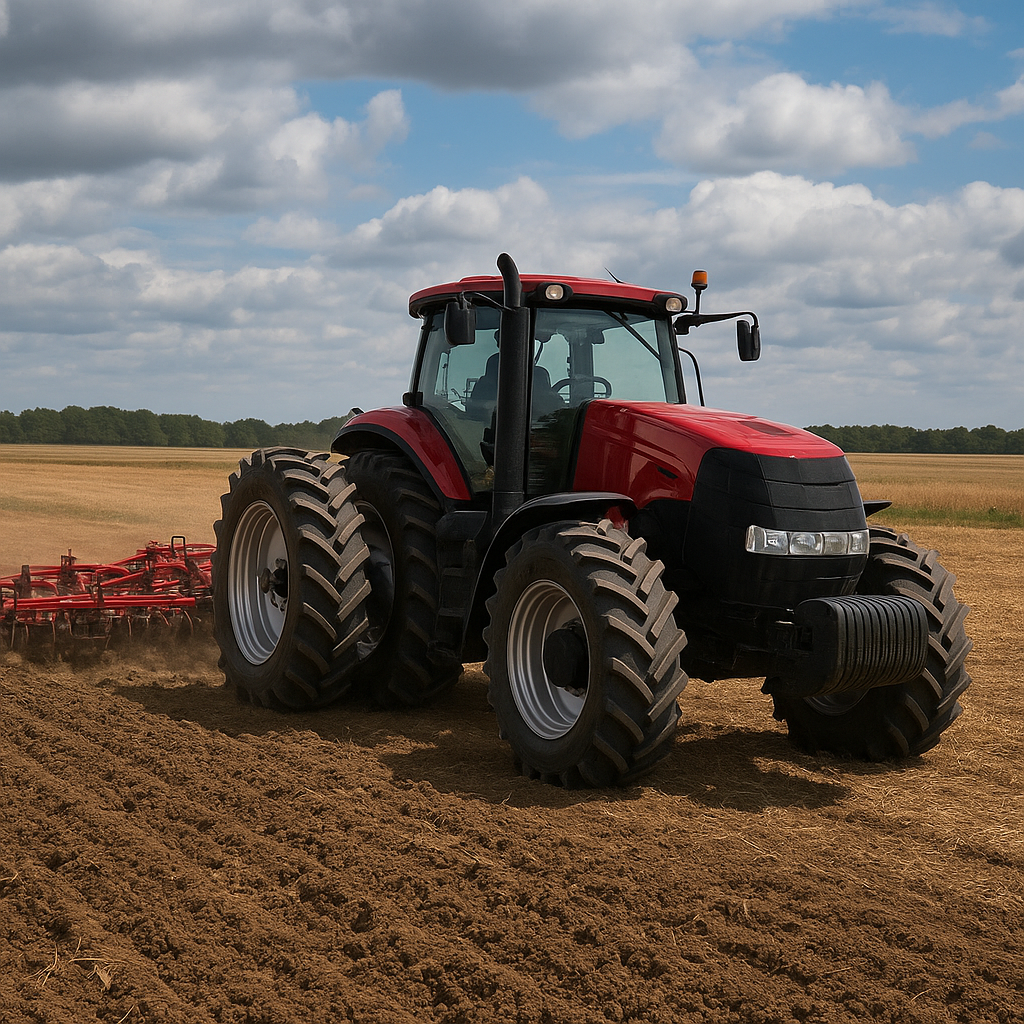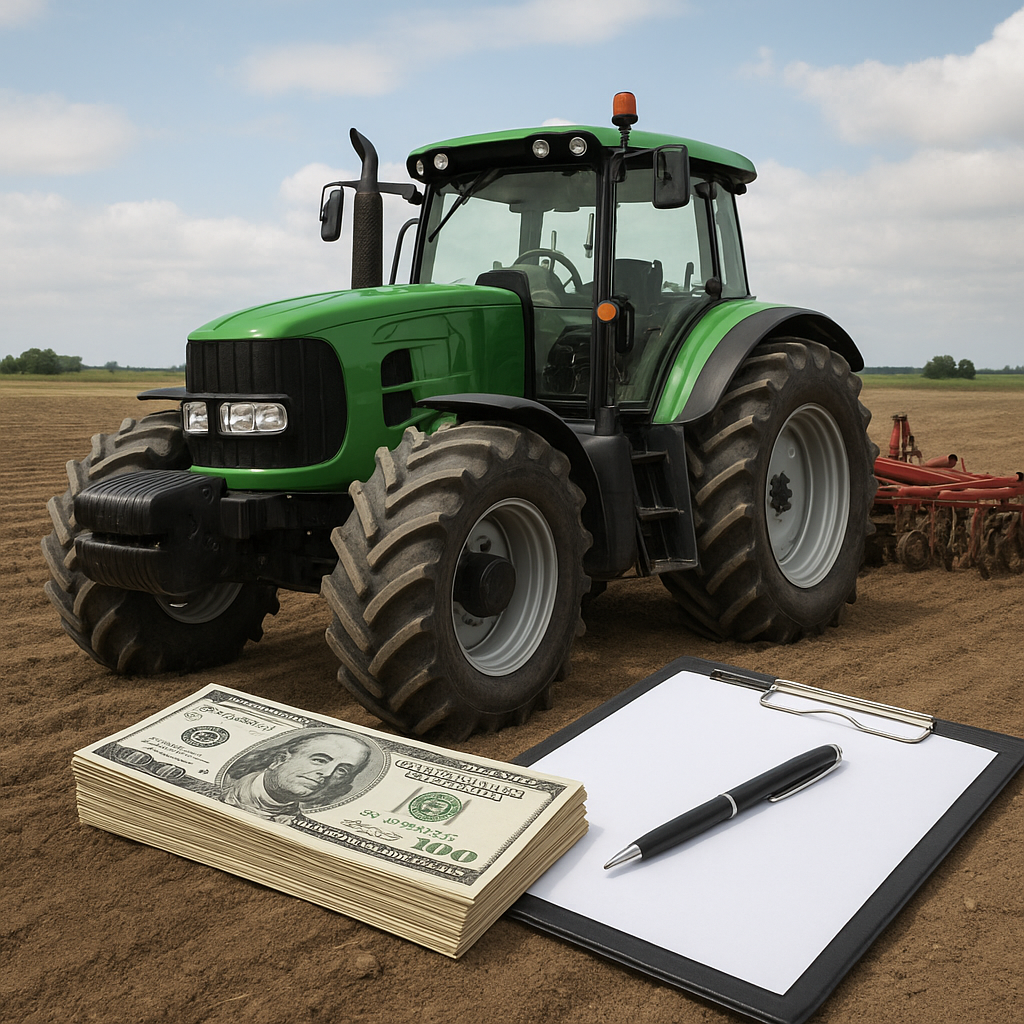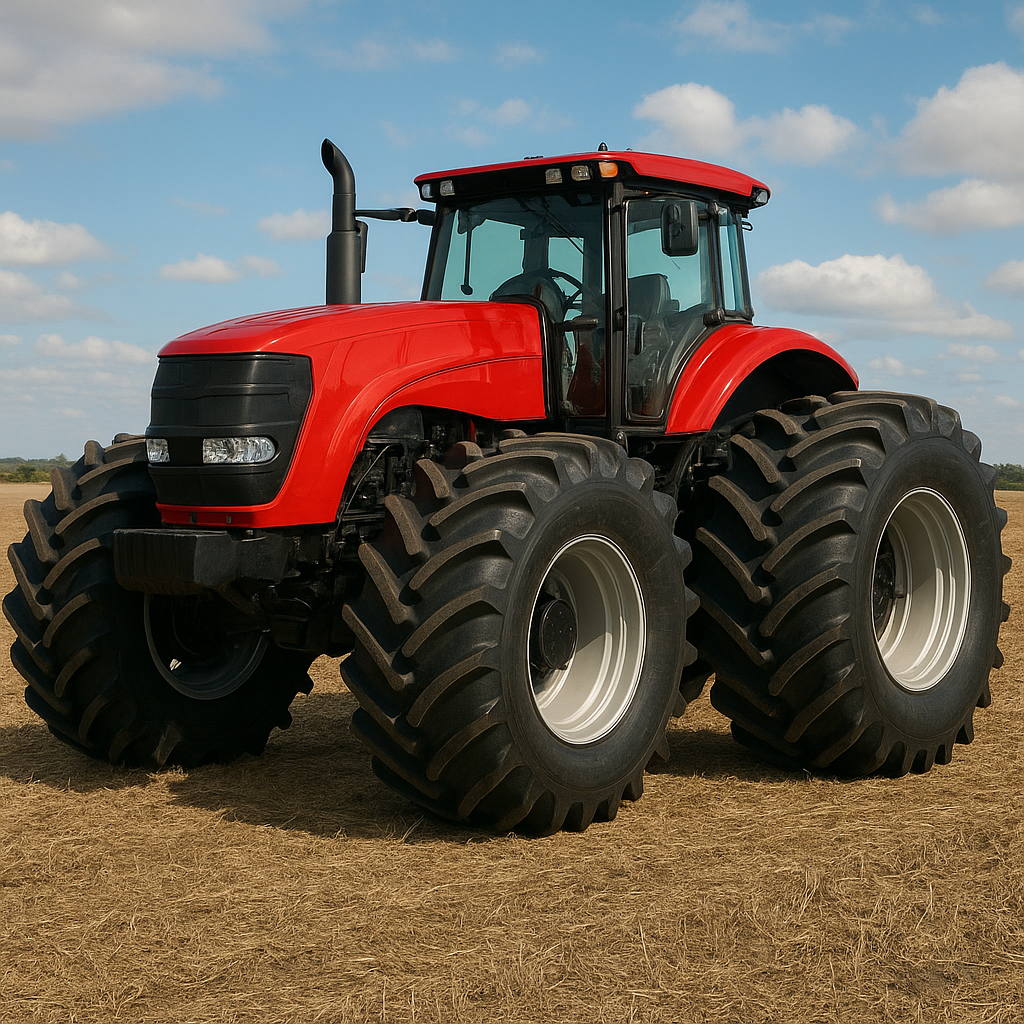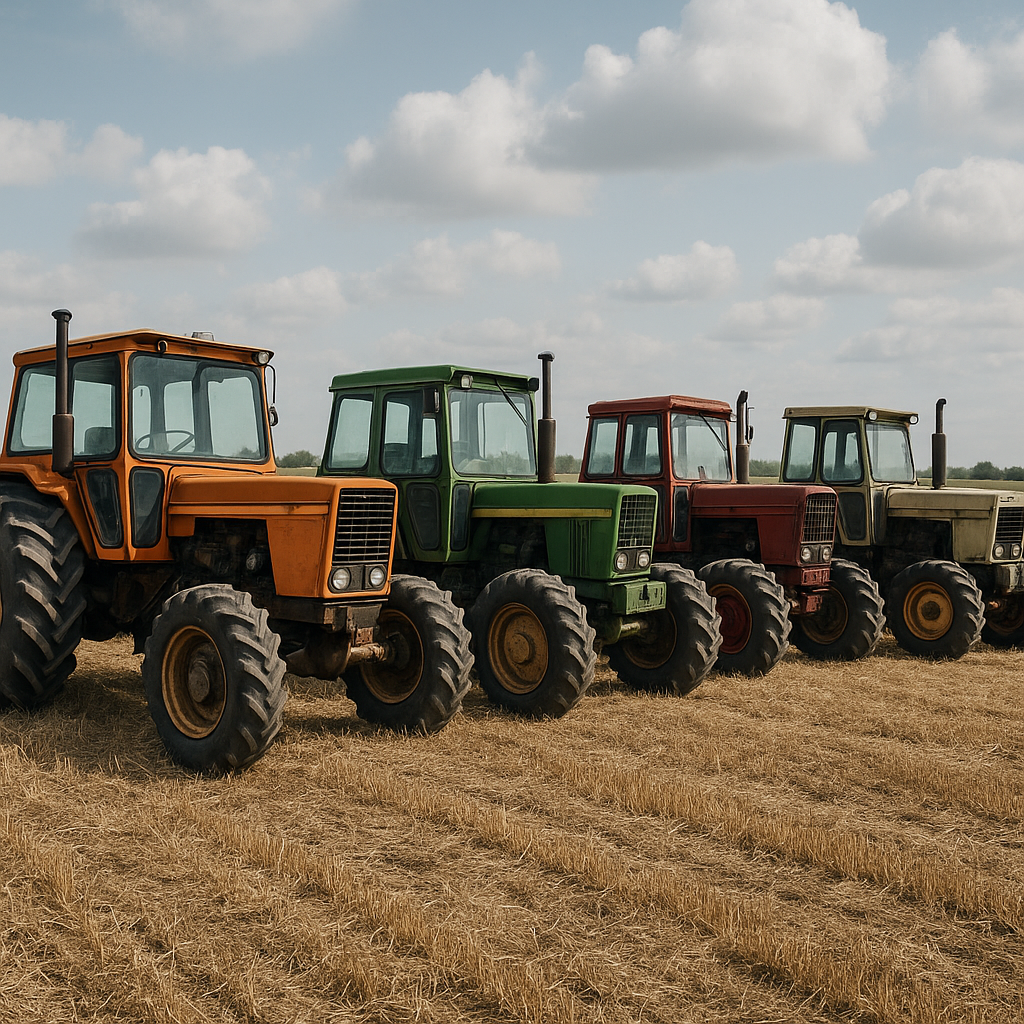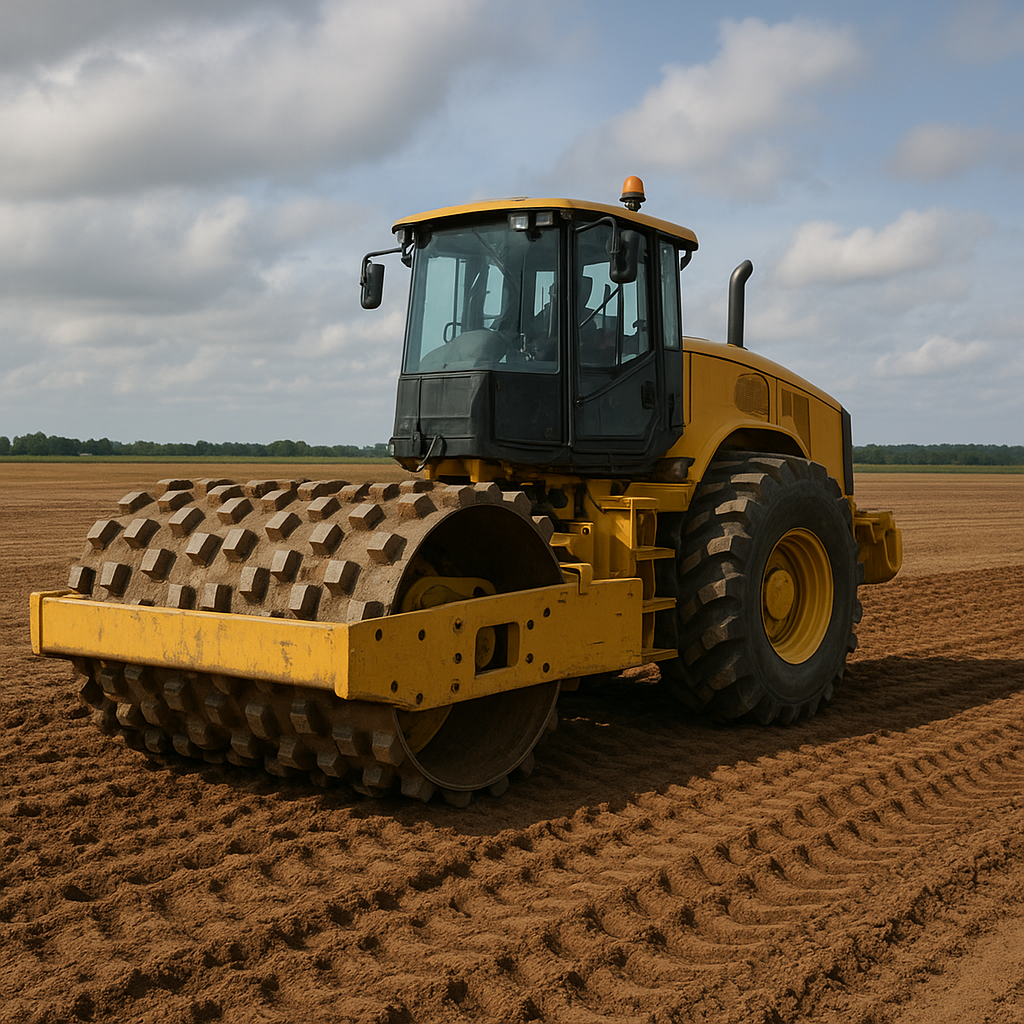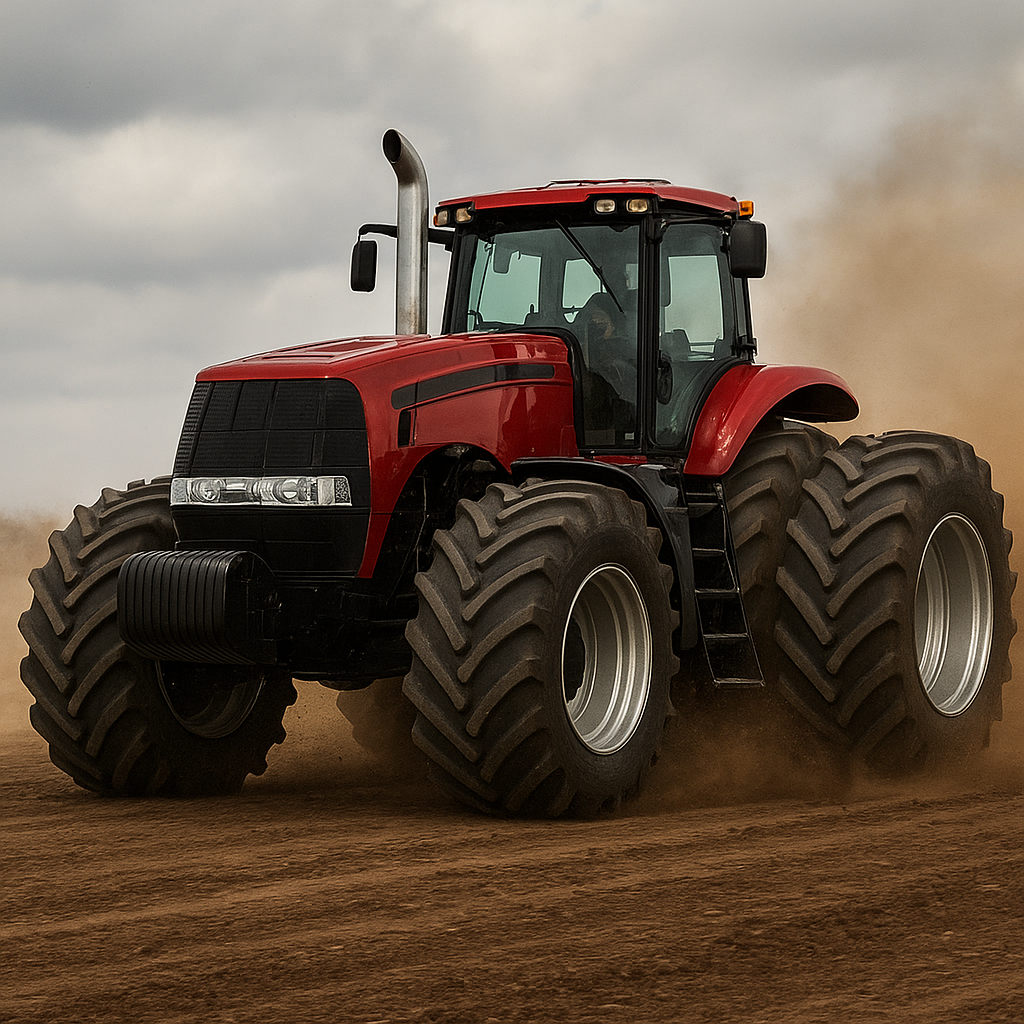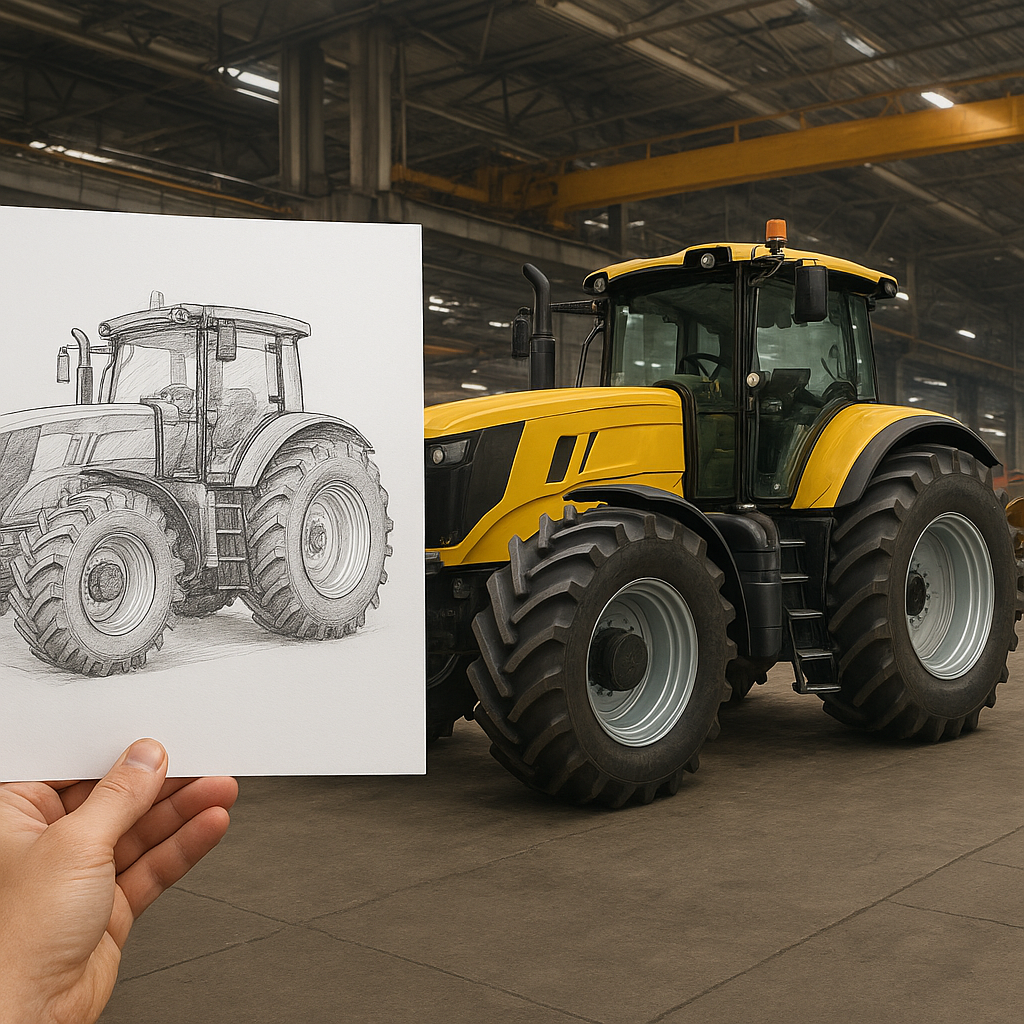Specialty tractors are a unique category of agricultural machinery designed to meet the specific needs of niche applications. These machines are engineered to perform tasks that standard tractors may not be able to handle efficiently, offering specialized features and capabilities that cater to particular farming practices, terrains, and crop types.
Types of Specialty Tractors
Specialty tractors come in various forms, each tailored to a specific agricultural requirement. Below are some of the most common types:
Orchard Tractors
Orchard tractors are designed to navigate the narrow rows and low-hanging branches of orchards. These tractors are typically more compact and have a lower profile compared to standard tractors, allowing them to move easily between trees without causing damage. They often come equipped with features such as protective cabs, specialized tires, and advanced steering systems to enhance maneuverability and operator safety.
Vineyard Tractors
Similar to orchard tractors, vineyard tractors are built to operate in the confined spaces of vineyards. These tractors are usually narrow and have a low center of gravity to prevent tipping on uneven terrain. They are often equipped with specialized attachments for tasks such as pruning, spraying, and harvesting grapes. The design of vineyard tractors ensures that they can work efficiently without damaging the delicate vines.
High-Clearance Tractors
High-clearance tractors, also known as “high crop” tractors, are designed for crops that grow tall, such as corn and sugarcane. These tractors have elevated frames and extended wheelbases, allowing them to pass over tall crops without causing damage. High-clearance tractors are essential for tasks such as spraying pesticides and fertilizers, as well as for mechanical weeding and harvesting.
Compact Tractors
Compact tractors are smaller versions of standard tractors, designed for use in small farms, gardens, and landscaping projects. Despite their smaller size, compact tractors are highly versatile and can be equipped with a wide range of attachments, including mowers, tillers, and loaders. They are ideal for tasks that require precision and maneuverability in confined spaces.
Technological Advancements in Specialty Tractors
The development of specialty tractors has been significantly influenced by technological advancements. Modern specialty tractors are equipped with state-of-the-art features that enhance their performance, efficiency, and ease of use.
GPS and Precision Farming
Many specialty tractors now come with GPS technology and precision farming capabilities. These systems allow farmers to map their fields, monitor crop health, and apply inputs such as water, fertilizers, and pesticides with pinpoint accuracy. Precision farming not only improves crop yields but also reduces waste and environmental impact.
Autonomous Tractors
The advent of autonomous tractors is revolutionizing the agricultural industry. These self-driving machines can perform tasks such as planting, spraying, and harvesting without human intervention. Autonomous tractors are equipped with advanced sensors, cameras, and AI algorithms that enable them to navigate fields, avoid obstacles, and make real-time decisions. This technology is particularly beneficial for specialty crops that require precise and timely interventions.
Telematics and Remote Monitoring
Telematics systems allow farmers to remotely monitor and manage their specialty tractors. These systems provide real-time data on the tractor’s location, performance, and maintenance needs. Farmers can use this information to optimize their operations, schedule maintenance, and reduce downtime. Remote monitoring is especially useful for large farms and operations with multiple specialty tractors.
Challenges and Future Trends
While specialty tractors offer numerous benefits, they also present certain challenges. The high cost of these machines can be a barrier for small and medium-sized farms. Additionally, the complexity of advanced technologies requires specialized training for operators and maintenance personnel.
Cost and Accessibility
The initial investment in specialty tractors can be substantial, making it difficult for smaller farms to afford them. However, the long-term benefits, such as increased efficiency and reduced labor costs, can offset the initial expense. Leasing options and government subsidies may also help make these machines more accessible to a broader range of farmers.
Training and Maintenance
The advanced technologies integrated into modern specialty tractors require operators to have specialized training. This can be a challenge, particularly in regions with limited access to training programs. Additionally, the maintenance of these high-tech machines requires skilled technicians who are familiar with the latest technologies. Investing in training and support services is crucial to ensure the effective use and longevity of specialty tractors.
Future Trends
The future of specialty tractors looks promising, with ongoing advancements in technology and engineering. Innovations such as electric and hybrid tractors, advanced robotics, and AI-driven decision-making systems are expected to further enhance the capabilities of specialty tractors. These developments will enable farmers to achieve even greater levels of efficiency, sustainability, and productivity.
In conclusion, specialty tractors play a vital role in modern agriculture, addressing the unique needs of niche applications. As technology continues to evolve, these machines will become even more sophisticated, offering new opportunities for farmers to optimize their operations and meet the challenges of the future.
